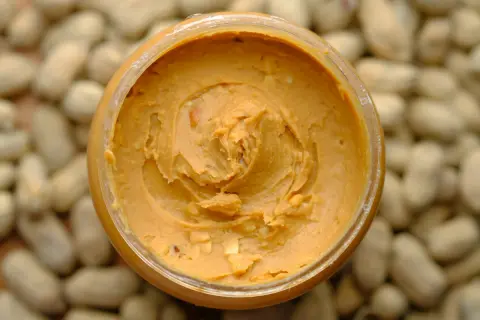 Friday, August 29, 2025
Friday, August 29, 2025Fish in Sports Nutrition – Why Athletes Benefit from Marine Protein
Fish has long ceased to be a secret in sports nutrition and is instead recognized as a true superfood. Whether you're an endurance runner, weightlifter, or recreational athlete, fish provides valuable nutrients that can significantly support performance, recovery, and muscle growth. In this blog, you'll discover why fish should be an indispensable part of your diet, which varieties are particularly recommended, and how to optimally incorporate it into your dietary plan.
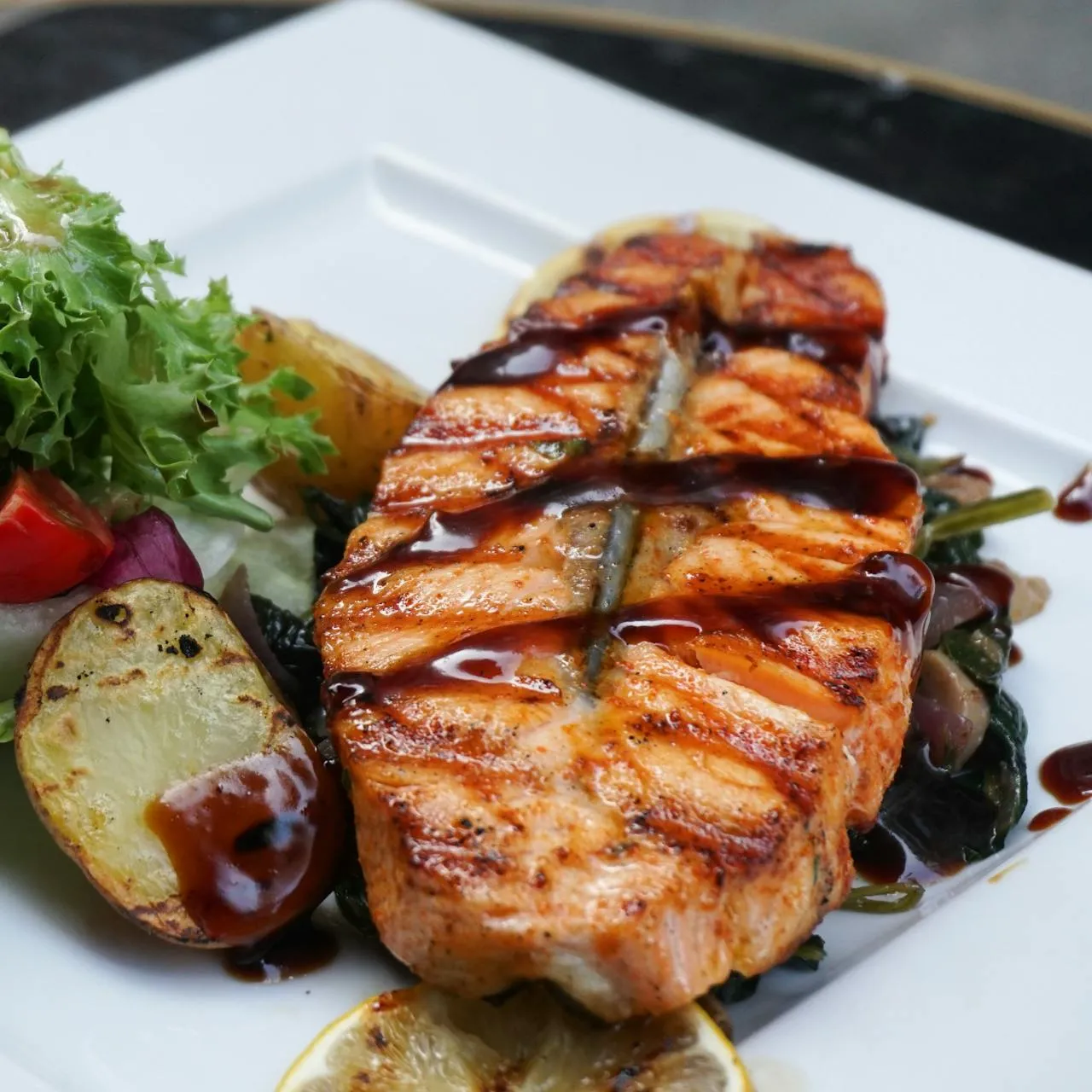
Fish as a Protein Source for Athletes
Protein is the fundamental building block for muscles, enzymes, and numerous bodily functions. While chicken and eggs are very popular among athletes, fish has the advantage of being easily digestible and provides high-quality protein with all essential amino acids. The amino acid leucine in particular plays a crucial role in muscle growth and protein synthesis activation – and fish is rich in it.

Omega-3 Fatty Acids: The Gamechanger for Recovery
Fish – especially fatty varieties like salmon, mackerel, or herring – is rich in Omega-3 fatty acids (EPA and DHA). These have strong anti-inflammatory properties and can reduce muscle soreness and joint problems. Studies show that athletes who regularly consume Omega-3 experience faster recovery and less muscle damage after intense workouts.
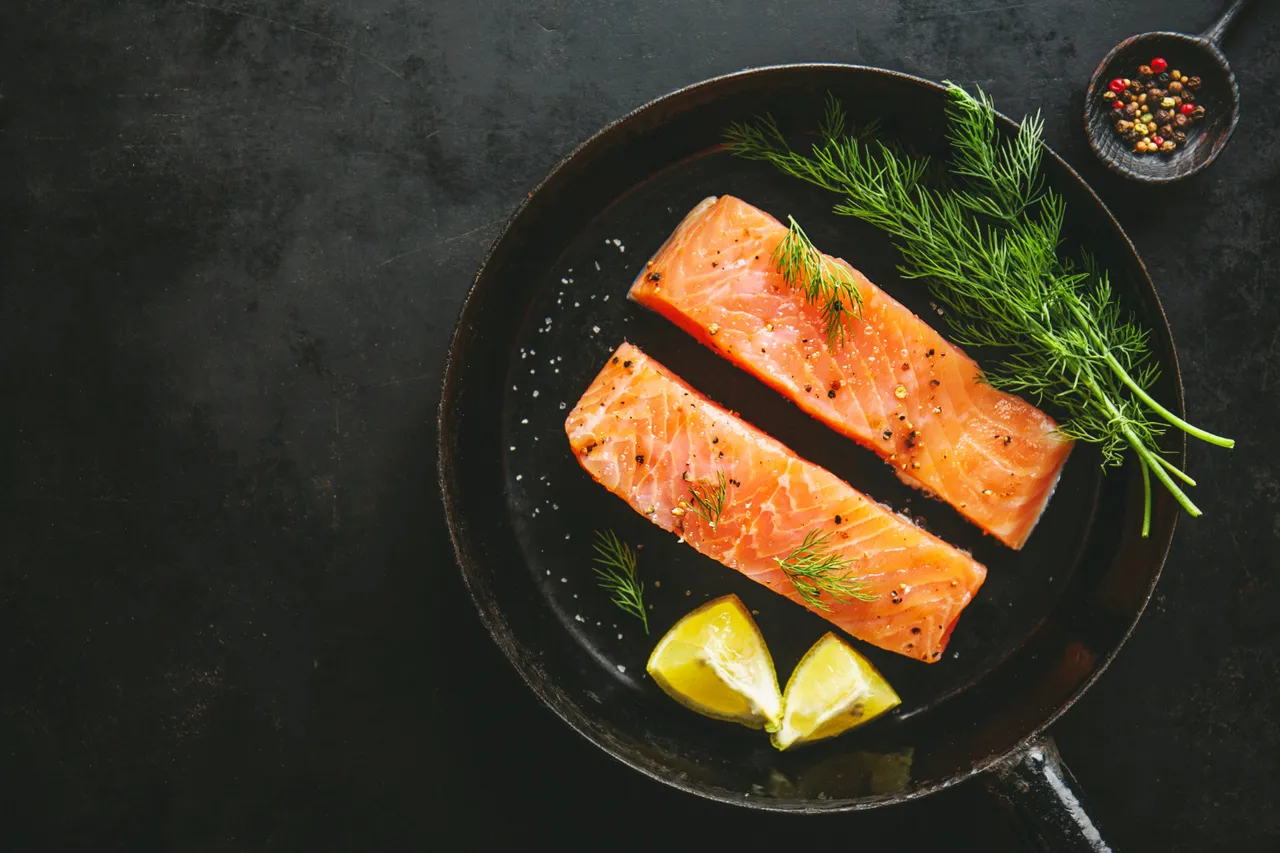
Important Micronutrients in Fish
Besides protein and Omega-3, fish provides many vitamins and minerals that are crucial for athletes:
- Vitamin D: supports bone health and hormone regulation, important for testosterone levels.
- Selenium: acts as an antioxidant, protecting cells from damage.
- Iodine: important for thyroid function and metabolism.
- Vitamin B12: crucial for energy production and blood formation.

Which Fish Varieties are Best for Athletes?
Not all fish is equally valuable. Some are particularly rich in protein and Omega-3, while others are leaner and low in calories – ideal for a dieting phase.
Overview Table for Athletes
| Fish Variety | Protein (per 100 g) | Fat (per 100 g) | Omega-3 Content | Feature |
|---|---|---|---|---|
| Salmon | 20 g | 13 g | Very high | Rich in Vitamin D |
| Tuna | 23 g | 1 g | Medium | Very lean, ideal for diet |
| Herring | 18 g | 12 g | Very high | Particularly high in Omega-3 |
| Cod | 19 g | 0.7 g | Low | Very lean, easily digestible |
| Sardines | 21 g | 11 g | Very high | Also rich in calcium (due to bones) |
| Trout | 21 g | 7 g | High | Good balance of protein & fat |
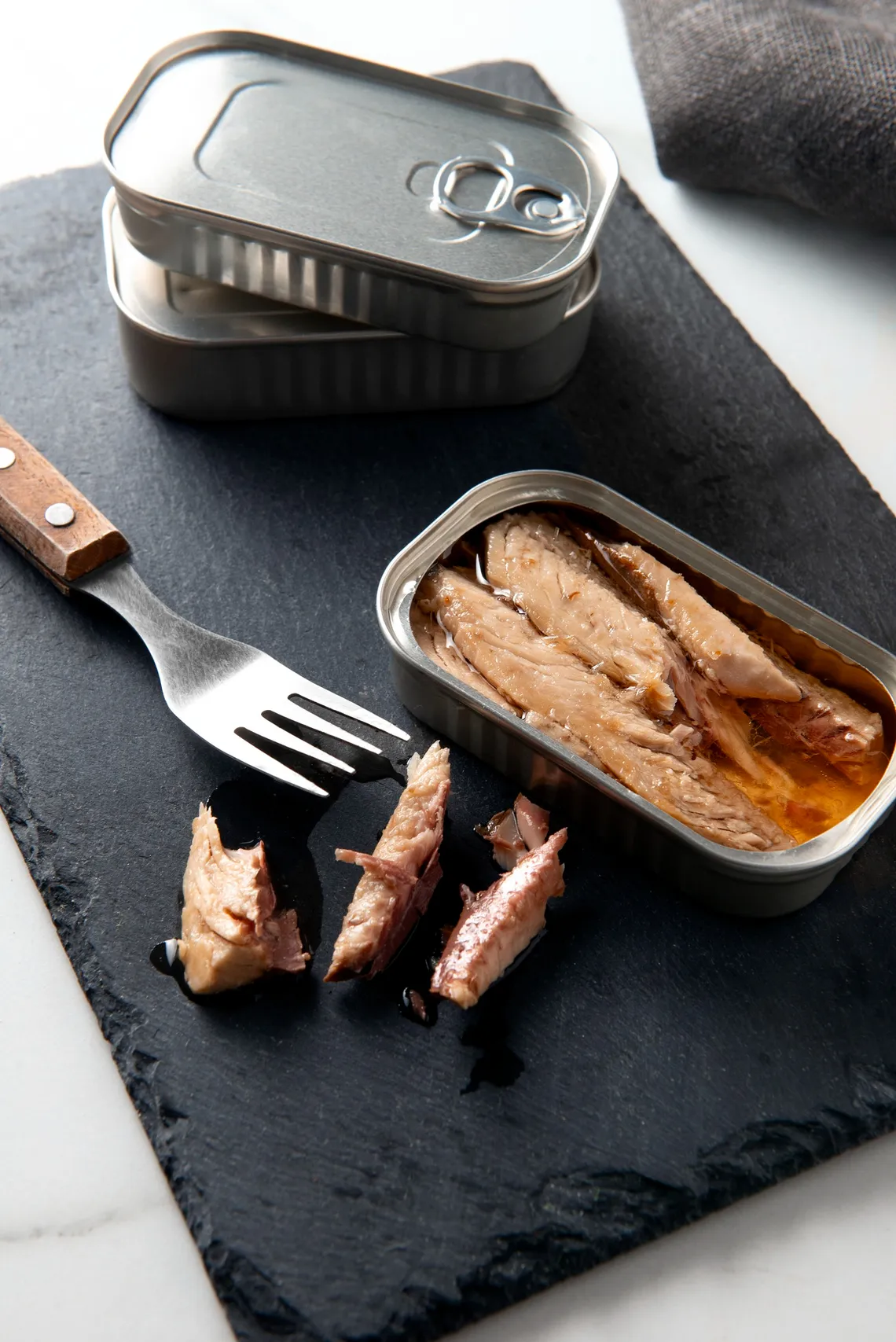
Practical Tips for Everyday Life
- Post-Workout: Fish with rice or potatoes provides the perfect combination of protein and carbohydrates.
- Meal Prep: Canned tuna is convenient on the go – but opt for water rather than oil.
- Bulking vs. Cutting Phase: Fatty fish like salmon is excellent during a bulking phase, while lean fish like cod is ideal for dieting.
- 2–3 Servings Per Week: Athletes benefit the most when fish is regularly included in their nutritional plan.
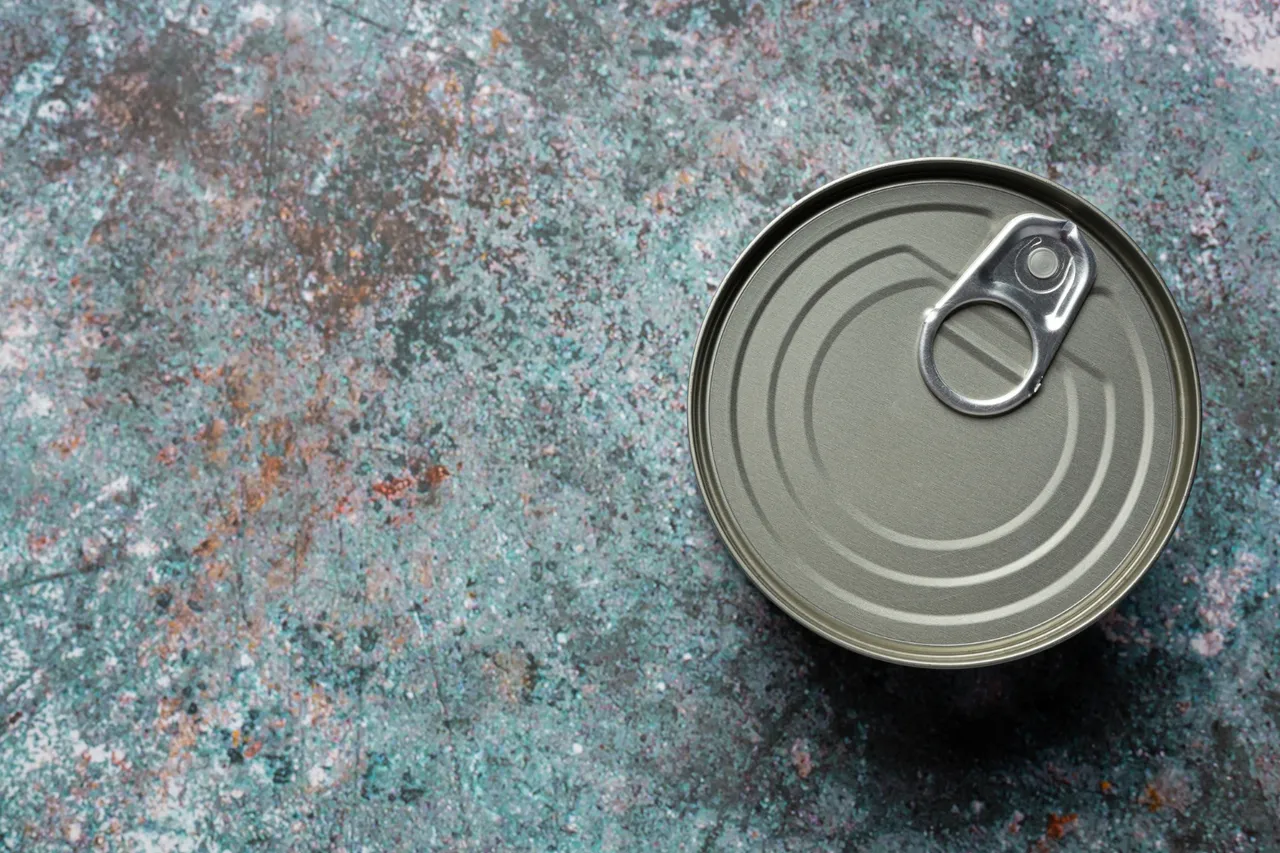
Scientific Background
Studies (e.g., Smith et al., 2011; Philpott et al., 2019) show that Omega-3 fatty acids can enhance muscle protein synthesis, which is important for both muscle growth and maintenance during diets. Additionally, they improve insulin sensitivity, benefiting athletes in terms of energy and nutrient metabolism.
Conclusion
For athletes, fish is much more than just a source of protein – it provides a comprehensive boost to performance, muscle growth, and recovery. Whether you're aiming to build muscle or lose fat, the combination of high-quality protein, Omega-3 fatty acids, and essential micronutrients makes fish a true power food in the fitness realm.

